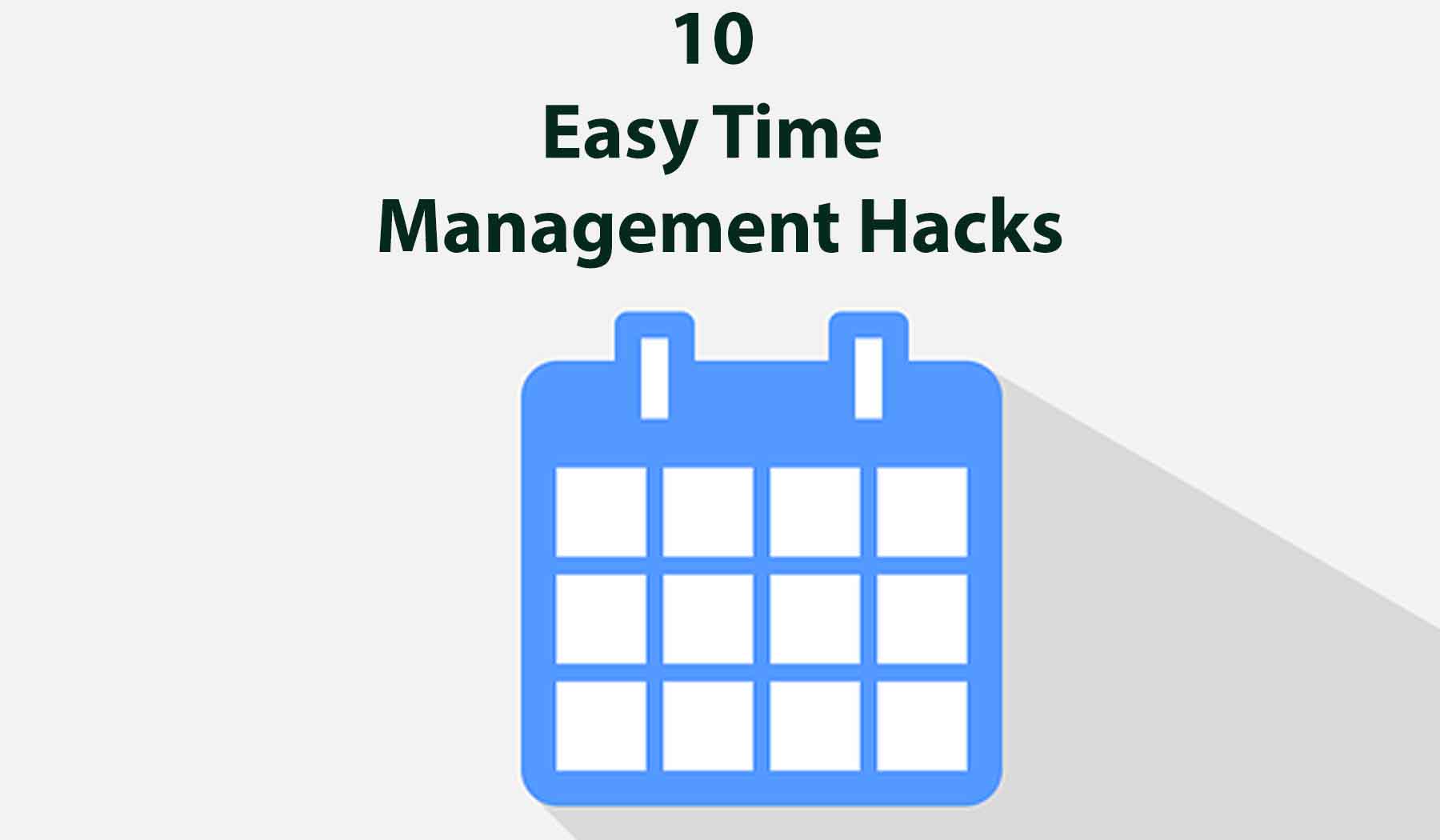In today’s fast-paced world, time is a precious resource that often seems to slip through our fingers.
We find ourselves constantly battling against distractions, procrastination, and inefficient work habits that lead to wasted hours.
However, by implementing a few simple strategies, we can regain control over our time and maximize our productivity.
Let’s explore practical tips on how to stop leaking time and achieve greater efficiency in our personal and professional lives.
1. Identify Time Leaks
The first step in plugging the leaks in your time management is to identify where your time is being wasted.
Keep a detailed record of how you spend each hour throughout the day for at least a week.
This will help you pinpoint the activities or habits that consume excessive time without yielding substantial results.
Some common time leaks include:
- Excessive use of social media and other digital distractions.
- Frequent interruptions and multitasking.
- Procrastination and lack of prioritization.
- Inefficient meetings and unnecessary emails.
- Poorly structured work routines.
2. Set Clear Goals and Prioritize
Once you have identified your time leaks, it’s important to establish clear goals and priorities.
Without a clear direction, it’s easy to get sidetracked and waste time on unimportant tasks.
Set specific, measurable, attainable, relevant, and time-bound (SMART) goals that align with your long-term objectives.
Prioritize your tasks based on their importance and urgency, focusing on high-value activities that contribute directly to your goals.
3. Create a Time Management Plan
To effectively manage your time, develop a comprehensive time management plan.
Start by organizing your tasks into manageable chunks and breaking them down into smaller, actionable steps.
Utilize productivity tools and techniques such as the Pomodoro Technique, time blocking, or the Eisenhower Matrix to structure your day and allocate time for different activities.
By having a clear plan, you will be less likely to drift away from your goals and more likely to stay focused.
4. Minimize Distractions
Digital distractions can be one of the biggest time leaks in today’s hyper-connected world.
To combat this, take proactive steps to minimize distractions.
Consider implementing the following strategies:
- Turn off notifications: Disable non-essential notifications on your devices to avoid constant interruptions.
- Create a dedicated workspace: Establish a clutter-free and quiet workspace where you can focus solely on your tasks.
- Practice time batching: Set specific times for checking emails, responding to messages, or browsing social media, rather than allowing these activities to interrupt your workflow.
- Use website blockers: Install browser extensions or apps that block access to distracting websites during work hours.
5. Learn to Say “No”
Learning to say “no” is essential for effective time management.
Often, we find ourselves burdened with unnecessary commitments or tasks that eat into our productive time.
Evaluate incoming requests and consider whether they align with your goals and priorities.
Be assertive in declining opportunities that don’t contribute to your overall objectives, allowing you to free up time for more meaningful and productive pursuits.
6. Delegate and Outsource
Recognize that you don’t have to do everything yourself. Delegate tasks that can be handled by others, whether it’s at work or in your personal life.
Utilize the strengths and expertise of your team members or consider outsourcing certain tasks to freelancers or virtual assistants.
By offloading some responsibilities, you can focus your energy on high-value activities that truly require your attention.
7. Practice Self-Care and Time Off
While it may seem counterintuitive, taking regular breaks and practicing self-care is crucial for maintaining productivity and preventing burnout.
Schedule regular breaks throughout your day to rest and recharge. Engage in activities that rejuvenate your mind and body, such as exercise, meditation, or spending time in nature.
Additionally, make sure to allocate time for hobbies and activities that bring you joy and relaxation.
Remember, productivity is not just about working harder but also about working smarter and maintaining a healthy work-life balance.
8. Streamline Communication and Collaboration
Inefficient communication and collaboration can lead to significant time leaks.
Take steps to streamline your communication processes and optimize collaboration within your team or organization.
Consider the following strategies:
- Set clear expectations: Clearly communicate your expectations regarding response times, meeting agendas, and deliverables to avoid unnecessary back-and-forth.
- Utilize collaborative tools: Take advantage of project management software, communication platforms, and shared document systems to enhance efficiency and transparency in team workflows.
- Opt for concise and effective meetings: Keep meetings focused, set agendas in advance, and aim for shorter, more productive meetings that yield actionable outcomes.
9. Continuously Learn and Improve
To stop leaking time, it’s essential to adopt a growth mindset and continuously seek opportunities for learning and improvement.
Stay updated on the latest productivity techniques, time management strategies, and tools that can enhance your efficiency.
Read books, attend webinars, or take courses on time management and productivity.
Regularly evaluate your progress, identify areas for improvement, and adjust your strategies accordingly.
10. Stay Accountable and Track Progress
Accountability is key to ensuring that you stay on track with your time management efforts.
Find an accountability partner or join a mastermind group where you can share your goals, progress, and challenges.
Additionally, use productivity apps or tools that allow you to track your time and monitor your productivity levels.
Regularly review your progress and make adjustments to your time management plan as needed.
Time is a Valuable Resource that should be used Wisely
By identifying and plugging the leaks in your time management, you can reclaim control over your day and accomplish more with less effort.
Implement the strategies outlined in this blog post, including setting clear goals, creating a time management plan, minimizing distractions, and practicing self-care.
Remember, effective time management is a continuous process that requires commitment and discipline.
Start today and enjoy the benefits of increased productivity and efficiency in all aspects of your life.









